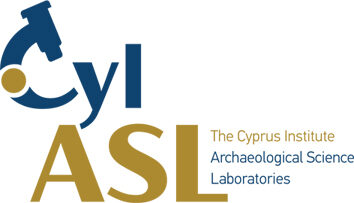Animals REsilient in TIme (ARETI): Unravelling the genetic, economic and cultural history of cattle on the island of Cyprus from prehistoric times to the Present
ARETI is a multidisciplinary research project that focuses on exploring the genetic, economic and cultural history of cattle on the island of Cyprus from the prehistoric times to the present. By weaving together evidence from the study of animal bones, iconography, ancient and contemporary genomics, ethnography and conservation biology, ARETI provides an opportunity to unearth vital information about the past, present and future of local livestock systems and their interaction with human societies.


On the right: Boy rests against a cow, Kathmandu, Nepal. On the left: Girl leans on a pillar as a cow leans on her, India (Both photographed by Steve McCurry). Steve McCurry’s photographic lense captures the strong and complex emotional bond between humans and cattle
Project SACHROFICS addresses the gaps in ritual animal consumption and secular animal consumption through an interdisciplinary study of sacrificial food in Classical, Hellenistic and Roman Cyprus. This choice covers an important geographic gap, and provides an ideal ‘laboratory’ to assess external influences and a cultural melting pot to study the fusion of eastern and Greco-Roman cultures. The project aspires to achieve high-resolution insights into animal treatment before, during and after sacrificial events through a methodological suite spearheaded by zooarchaeology and complemented by stable isotope, dental microwear and archaeobotanical analyses.
These insights form a solid basis to fulfil its objective of understanding the entire chain of operations involved in sacrificial food (production, consumption, deposition), and contribute to debates on the role of food in Greco-Roman societies diachronically. The integration of the project’s findings in the eastern Mediterranean amplifies the knowledge produced and increases its relevance to other areas.


